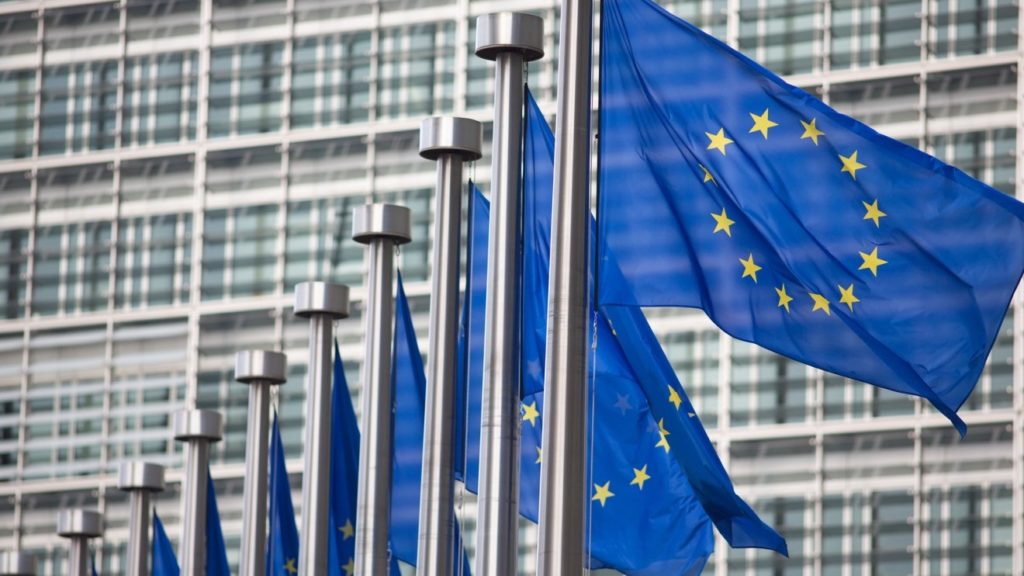The European Court of Justice (ECJ) ruled on Wednesday that Europe can cut subsidies of member states where the rule of law is threatened, dismissing the request made by Hungary and Poland to annul this mechanism.
The court decided to uphold the validity of the rule of law Conditionality Regulation adopted at the end of 2020, which establishes a general regime of conditionality for the protection of the EU's budget in the case of breaches of the principles of the rule of law in a Member State.
Poland and Hungary brought an action against this fairly new rule, as the mechanism threatens to affect them both financially, however, the ECJ has now rejected the demands in their entirety. This decision was expected, as the Advocate General of the Court already said there were no holes in the law at the start of December last year.
#ECJ rejects the actions brought by #Hungary and #Poland against the #EUBudget conditionality mechanism on the respect of the #RuleOfLaw by Member States @Europarl_EN @EUCouncil
— EU Court of Justice (@EUCourtPress) February 16, 2022
"I welcome these judgements, which follow the position that the Commission, the European Parliament, the Council and ten Member States defended in the procedure," President Ursula von der Leyen said following the ECJ's decision.
"This mechanism ensures that the Union budget will be protected and implemented in line with the principles of sound financial management, for the benefit of all European citizens," she added.
It is now up to the Commission to analyse the reasoning of the judgments and their possible impact on the further steps that will be taken under the Regulation, and how the mechanism will be applied in practice. "I promised that no case will be lost. And I have kept that promise," von der Leyen said.
Hungary and Poland's situation
Hungary and Poland brought an action before the ECJ for the annulment of that regulation, arguing there is an absence of an appropriate legal basis in the Treaty on the (Functioning of the) European Union (TEU/TFEU). They both supported each other's cases, while other member states, including Belgium, backed Europe.
The EU Court of Justice could not be clearer: “the Union must be in a position to defend the values on which it is founded”.
Members states who refuse EU values can be refused EU money. This landmark ruling is a vital step towards protecting the rule of law in Europe. https://t.co/O6fSWodge0 — Alexander De Croo (@alexanderdecroo) February 16, 2022
Both countries face losing EU subsidies for decisions made on a national level. The Polish government introduced a "disciplinary court" that can impose sanctions against judges for applying judgments of the European Court of Justice. Pro-government judges have been systematically sworn in, meaning there is essentially no longer an independent judiciary in the country.
The EU has also criticised a controversial media law in Poland, which is seen as an attack on press freedom. Meanwhile, Hungary is facing claims of corruption, particularly with European subsidies, and fraud within the leadership. The country's Prime Minister Viktor Orban and his government have reportedly not pursued an active policy to tackle this fraud and corruption.
Related News
- Brussels’ bid make Poland and Hungary behave
- Brussels donates €60,000 for LGBTQ movement in Hungary and Poland
- Commission to address Hungary about 'shameful' anti-LGBTQ+ law
These actions mean both countries are breaching the principles of the rule of law. The Commission has repeatedly asked both governments to fix the issues and has itself taken action against them via the ECJ. As a result, neither country is receiving money from the European Recovery Fund for the time being.
The European Parliament on Wednesday said that the Commission should now "act promptly and definitively," and start the procedure against Poland and Hungary. By threatening to suspend this flow of money, the parliament hopes to force both governments to adjust these controversial policies.
"The facts are undisputed. We all know how the rule of law situation has been deteriorating for too long, not only in Hungary and Poland but also in some other Member States," MEP Petri Sarvamaa, said.

